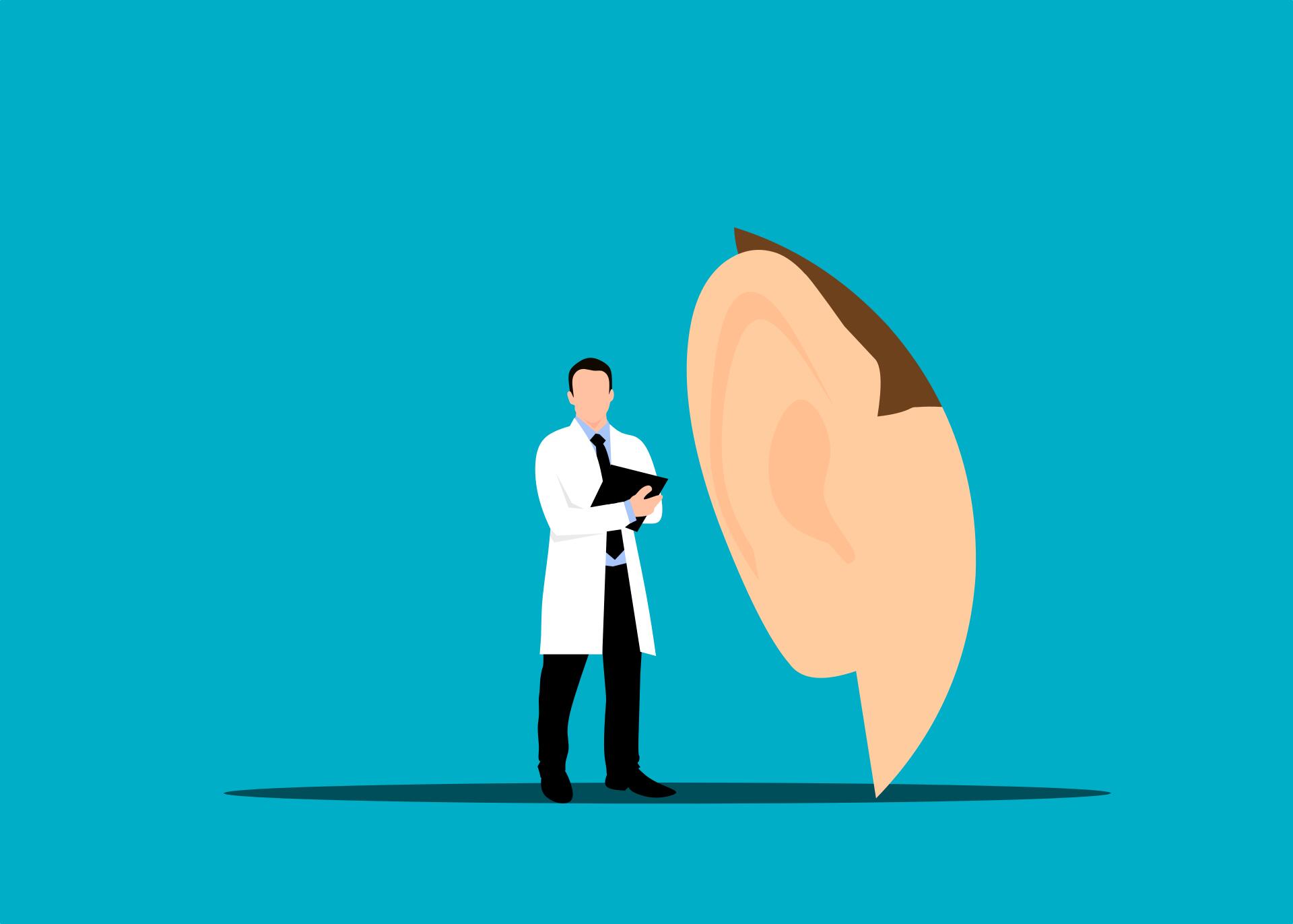
What Does Vitamin B Do For You?

About 20% of Americans over the age of 50 are deficient in vitamin B12. Not many people realize that B12 is only one of eight B vitamins, though. We need each of these vitamins for maintaining good health.
Also called B-complex vitamins, vitamin B can impact a range of bodily functions. What does vitamin B do, exactly? What vitamin B foods should you add to your diet to reduce the risk of a deficiency?
Keep reading to find out! In this guide, we’ll review everything you need to know about the vitamin B complex. Then, you can determine if you need more vitamin B in your daily routine!
Read on to learn more about this complex group of vitamins today.
What is Vitamin B?
First, let’s answer the question that’s likely on everyone’s minds: what is vitamin B complex, exactly?
B-complex vitamins contain all eight B vitamins within a single pill. These vitamins are water-soluble. In other words, your body won’t store B vitamins for later use.
Instead, you need to receive these vitamins from your diet each day.
Each B vitamin plays a different role in your health.
For example, B1 (thiamine) plays a part in your metabolism. It’s responsible for converting nutrients into energy.
Vitamin B2 (riboflavin) also converts food into energy. It can also act as an antioxidant. Antioxidants fight free radicals that could otherwise cause damage to your cells, leading to illness and aging.
Vitamin B3 (niacin) plays a part in cellular signaling. It also contributes to your DNA production and repair. Like vitamin B1, it also plays a role in metabolism.
Vitamin B5 (pantothenic acid) also helps your body obtain energy from the food you eat. This vitamin plays a part in hormone and cholesterol production, too.
B6 (pyridoxine) is involved in the creation of neurotransmitters. It also plays a part in red blood cell production and amino acid metabolism.
B7 (biotin) regulates gene expression. It’s essential for carbohydrate and fat metabolism, too. Biotin keeps your hair, skin, eyes, liver, and nervous system healthy.
This vitamin could also regulate blood sugar and help pregnant mothers have healthier babies.
B9 (folate) is required for amino acid metabolism and cell growth. It plays a role in the formation of red and white blood cells and cell division, too.
B12 (cobalamin) is one of the most well-known B vitamins. It’s required for neurological function, red blood cells development, and DNA production.
Together, these vitamins form the vitamin B complex. Though these vitamins share some characteristics, they’re needed in different amounts.
Benefits of B Complex
Before adding vitamin B to your health regimen, talk to your doctor. They can help you determine if the vitamin B complex suits your needs. They can also help you determine if vitamin B will benefit your health.
Remember, vitamin B complex can play a role in your overall well-being and health. B vitamins could impact your brain function, energy levels, and cell metabolism.
A few vitamin B benefits include its ability to support your:
- Muscle tone
- Energy levels
- Healthy brain function
- Proper nerve function
- Hormones and cholesterol production
- Growth of red blood cells
- Good digestion
- Cardiovascular health
- Good eyesight
- Cell health
- Good digestion
Here are a few other potential health benefits to consider.
Reduce Stress
Taking a B-complex vitamin might reduce fatigue and stress. It could boost your mood and improve your cognitive function as well.
In one study, people who took high-dose B-complex experienced improved mental health. Their stress levels dropped. They experienced enhanced performance on cognitive tests, too.
Another study involved young adults who took a multivitamin with high levels of B-complex vitamins. After 90 days, this group experienced reduced stress and mental fatigue.
Reduced Anxiety and Depression Symptoms
Taking B-complex vitamins won’t cure mental health issues. However, they might ease symptoms associated with anxiety and depression.
In one study, participants with depression took a B-complex for 60 days. They experienced significant improvements in depression and anxiety symptoms.
There’s a connection between the risk of depression and low blood levels containing B vitamins, too. If you’re experiencing symptoms of depression, talk to your doctor. They can help you determine if you have low levels of vitamin B.
Pregnancy
Women who are pregnant and breastfeeding can benefit from taking B vitamins.
B vitamins can support fetal brain development. They could reduce the risk of birth defects, too.
For expecting mothers, B vitamins might ease nausea and boost energy levels. They might lower the risk of preeclampsia, too.
Signs of a Deficiency
About 31% of the US population is at risk of a vitamin deficiency. The most common biochemical deficiency in the US is vitamin B6 deficiency.
The recommended daily amount of each B vitamin varies:
- B1 – 1.1 mg for women and 1.2 mg for men
- B2 – 1.1 mg for women and 1.3 mg for men
- B3 – 14 mg for women and 16 mg for men
- B5 – 5 mg for women and men
- B6 – 1.3 mg for women and men
- B7 – 30 mcg for women and men
- B9 – 400 mcg for women and men
- B12 – 2.4 mcg for women and men
Older adults and women who are pregnant might need higher amounts, though.
Signs of a vitamin B deficiency can include:
- Nausea
- Skin rashes
- Fatigue
- Abdominal cramps
- Irritability
- Depression
- Anemia
- Confusion
- Scaly skin on the lips
- Cracks around the mouth
- Weakness
- Constipation
- Diarrhea
- Numbness or tingling in the hands and feet
A vitamin B deficiency could increase your risk of infections, digestive issues, and peripheral neuropathy. Let your doctor know if you’re experiencing these symptoms.
Vitamin B Foods
You can add each B vitamin to your diet. Here are a few vitamin B foods to consider adding to your routine:
- Milk
- Liver and kidney
- Cheese
- Eggs
- Fish (salmon, tuna, mackerel)
- Meat (red meat and chicken)
- Beans (black beans, chickpeas, kidney beans)
- Nuts and seeds
- Whole grains and cereals
- Vegetables (potatoes, avocados, beets)
- Fruits (citrus, watermelon, banana)
- Dark green leafy vegetables (kale and spinach)
- Shellfish (clams and oysters)
- Soy products
Remember, B vitamins are water-soluble. The body won’t store these vitamins. You’ll need to add them to your diet to avoid a deficiency.
Vitamin B: Your Source of Overall Wellness
Adding vitamin B to your daily routine could benefit your overall health. Make sure to talk to a doctor before increasing your B vitamin intake. They can help you better understand your distinct needs.
Not sure which vitamins you need? We can help.
Consult our licensed online doctor today. They can make appropriate suggestions based on your needs!
Related Posts


